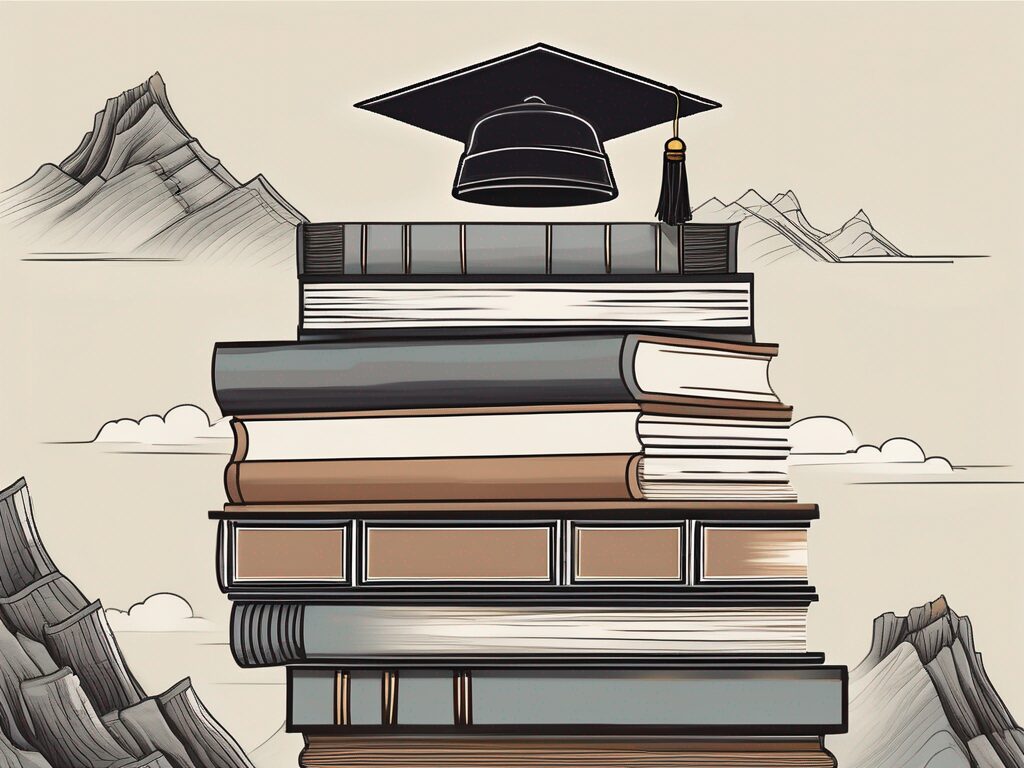What are Cultural Barriers in Education?
In today’s globalized world, understanding cultural barriers in education is crucial for aspiring international teachers. These barriers can impact teaching effectiveness and student engagement, making it essential to address them for a successful teaching career abroad. In this article, we will explore the significance of cultural barriers, the skills needed to overcome them, and practical steps for aspiring educators.
Why is it Important for Aspiring International Teachers?
Cultural barriers in education can affect communication, teaching methods, and student-teacher relationships. For aspiring international teachers, understanding these barriers is vital to adapt and thrive in diverse educational settings. According to recent job market trends, schools increasingly seek educators who can navigate cultural differences effectively, making this a valuable skill set.
Key Skills or Qualifications Required
To overcome cultural barriers, aspiring teachers should develop the following skills:
- Cultural Awareness: Understanding and respecting cultural differences.
- Communication Skills: Effective verbal and non-verbal communication across cultures.
- Adaptability: Flexibility in teaching methods and classroom management.
- Empathy: Building strong relationships with students from diverse backgrounds.
Steps to Get Started
To prepare for a career in international education, consider the following steps:
- Obtain Relevant Certifications: Pursue certifications like TEFL or iQTS to enhance your qualifications.
- Gain Experience: Volunteer or work in multicultural environments to build practical experience.
- Engage in Professional Development: Attend workshops and seminars focused on cultural competence.
Challenges and How to Overcome Them
Common challenges include language barriers, differing educational norms, and resistance to change. To overcome these, teachers should:
- Learn the Local Language: Basic language skills can improve communication and rapport.
- Research Educational Practices: Understand the host country’s educational system and expectations.
- Build a Support Network: Connect with fellow educators for advice and support.
Best Practices and Tips for Success
Successful international teachers often employ the following strategies:
- Continuous Learning: Stay informed about cultural trends and educational innovations.
- Open-mindedness: Embrace new experiences and perspectives.
- Reflective Practice: Regularly assess and adjust teaching methods to meet students’ needs.
Conclusion
Understanding and overcoming cultural barriers in education is essential for aspiring international teachers. By developing key skills, gaining relevant experience, and employing best practices, educators can successfully navigate diverse teaching environments. Embrace this journey to enrich your teaching career and make a meaningful impact on students worldwide.
Want to become a teacher in a Tier 1 international school? Join the course here.

